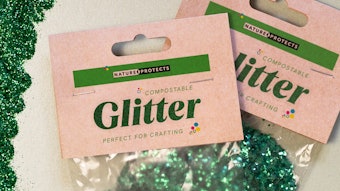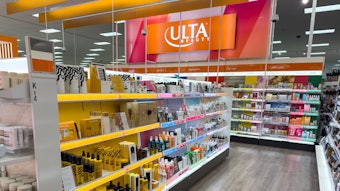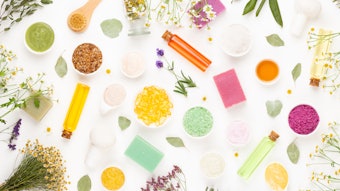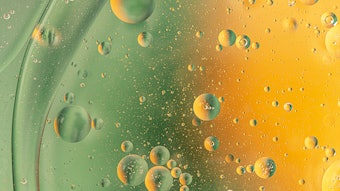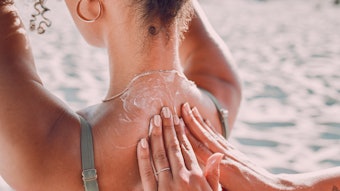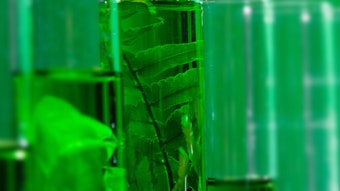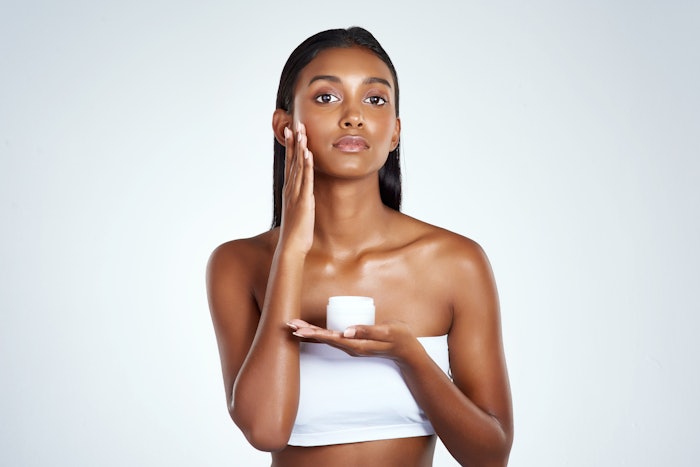
A series of global product recalls impacting the health and beauty sector have raised concerns over safety and regulatory compliance. This report summarizes recent responses to acne treatments, shampoos and cosmetics cited for benzene and potential bacteria risks; plus a sweeping recall of 91 brands flagged in Jakarta for hazardous substances such as mercury and hydroquinone, among other offenses.
These recalls highlight the importance of rigorous testing, storage guidelines and consumer awareness to mitigate risks. Below is an overview of the recalls, their causes and the affected products.
Benzene Contamination in La Roche-Posay, Walgreens, Proactiv and Other Skin Treatments
On March 13, 2025, the U.S. Food and Drug Administration (FDA) announced voluntary recalls for six acne treatments containing benzoyl peroxide due to elevated levels of benzene, according to NPR. The products affected, alongside their lot numbers and expiration dates, include:
- La Roche-Posay Effaclar Duo Dual Action Acne Treatment (Lot MYX46W, Exp. April 2025)
- Walgreens Acne Control Cleanser (Lot 23 09328, Exp. September 2025)
- Proactiv Emergency Blemish Relief Cream Benzoyl Peroxide 5% (Lots V3305A, V3304A; Exp. October 2025)
- Proactiv Skin Smoothing Exfoliator (Lot V4204A, Exp. July 2025)
- SLMD Benzoyl Peroxide Acne Lotion (Lot 2430600, Exp. March 2025)
- Walgreens Tinted Acne Treatment Cream (Lot 49707430, Exp. March 2026)
While no immediate consumer recall actions were mandated, consumers were advised to dispose of expired products.
Potential Bacterial Risks
Henkel Tec Italy Shampoo Totale
Henkel voluntarily recalled more than 1,000 units of Tec Italy Shampoo Totale, distributed primarily in New York and California, according to a March 27, 2025, report by USA Today. The recall was issued after microbiological analyses detected the bacteria Klebsiella oxytoca, which reportedly can cause infections in the eyes, nose and skin, presenting a higher risk to consumers with compromised immune systems.
Affected products are packaged in 33.81 fl oz green plastic bottles (Lot 1G27542266, UPC 7501438375850). Customers were advised to cease use immediately and return these products for a full refund. The recall was conducted proactively despite no reported injuries.
Watier Age Control Supreme Day Cream
In addition, Canadian authorities announced a recall on April 30, 2025, for Watier Age Control Supreme Sublime Advanced Rich Day Cream. According to the source, the product does not meet microbial standards over time and may contain the microorganism Lactobacillus pentosus. This probiotic reportedly poses little medical risk, and as of April 22, the company received no reports of incidents or injuries in Canada.
The recall pertains to the day cream sold in a cylindrical printed glass jar containing 50 mL of cream, in cardboard secondary packaging having the UPC (on the bottom of the secondary packaging): 058655630646 and (L)23L1757. Consumers were directed to immediately stop using the recalled product and contact Groupe Marcelle, Inc., to obtain a refund.
Jakarta Recalls 91 Beauty Brands for Illegal Mercury, Hydroquinone Content and Other Offenses
Finally, BPOM, Indonesia’s Food and Drug Monitoring Agency, issued recalls on 91 cosmetic brands, according to a Tempo English report dated Feb. 27, 2025. "These products include those with improper blue labels, lacking circulation permits, and used in ways that do not comply with cosmetic definitions, thus posing potential health hazards to consumers," the source reported.
Many of the recalled products, sold mainly online across social media platforms including e-commerce, contained mercury and hydroquinone. The BPOM discovery was reportedly based on intensive inspection results gathered between Feb. 10 and Feb. 18, 2025, across Indonesia. The findings noted a total of 4,334 items and 205,133 pieces of products containing prohibited substances.
Reinforcing Safety
These above-described incidents underline the critical role of oversight within the health and beauty sector. They also reinforce the need for enhanced safety protocols and consumer awareness.
